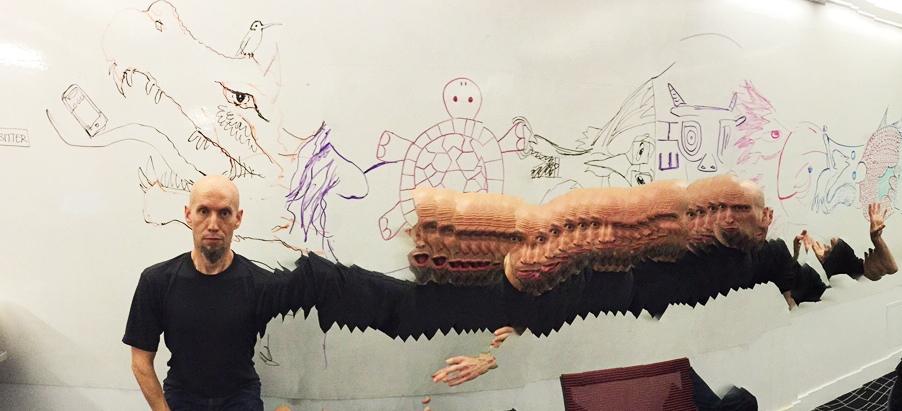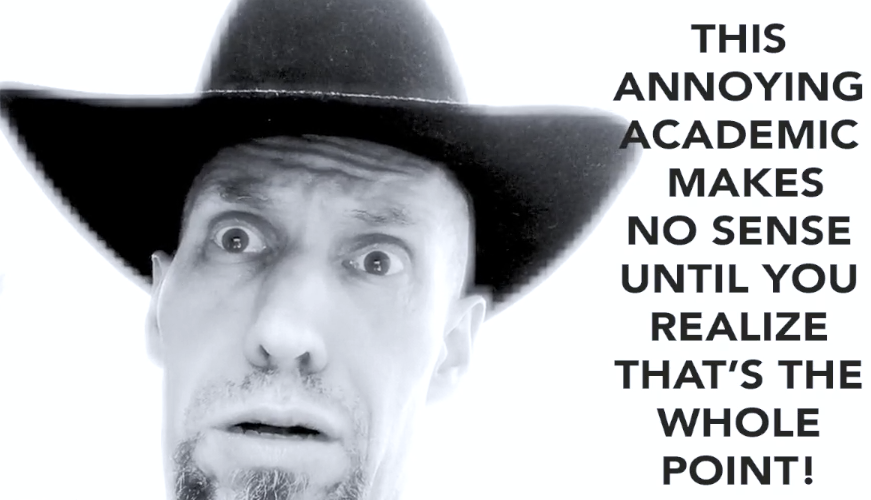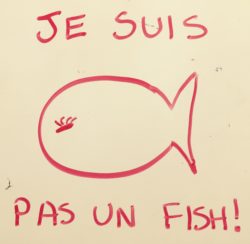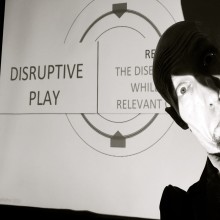Category: Scholarly Scribble
-

The known unknowns of an improv session
I admit that I tend to over plan improv sessions. It’s not really an intended strategy. It’s not because I don’t want to integrate the spontaneous into a course structure, nor because i’m afraid to go with the unplanned, which, is usually what happens. It’s because letting participants know a little of what they are…
-

Impostering the Scholarly
… is an impossibly rewarding endeavour of everlasting proportions. Whether you are a systems librarian (Gordon, 2003), insecure with your academic identity (Knights & Clarke, 2013), or my therapist (DeAngelis, 1987), at some point as you transition into a community of practice, you may for a wondrous and fleeting moment in history “feel like you’re…
-

A failed attempt at re-contextualizing the scholarly for the purposes of more exposure
In a recent survey conducted in my head, 9, 999, 999 out of 10, 000, 000 imaginary people rarely read scholarly work because in the words of Wolff (2007 ) “it is rather hard to escape the conclusion that academic writing is boring because academics wouldn’t have it any other way” (as cited in Guthrie,…
-

Oh but have you read Scoville and Milner
Many of us have had the embarrassing public opportunity to witness a voice in the room that at one point sounds out “Oh but have you read so-and-so who says this-and-this”. The proclamation, a challenge perhaps to some argumentative futurist discourse stops time itself, freezes the interrupted, taking the horse off the track and causing…
-

Quite Strange Results
“Quite strange results”, like those found in Hamada, Nagashima, & Shiomi’s (2001) research on “collagen as a new fish allergen”, often manifest from adaptations of “children’s literature” like Alice in Wonderland. Strange adaptations of Alice, according to Martin (2010), are evident when we examine “the particular ways in which these stories have been translated into the interactive…
-

However Maslow 1943
However Maslow 1943 “However” (Maslow, 1943), “it” (Holtgraves, 1997) “may” (Foot, 1972) “be” (Bloom, 1971) “just as likely” (Gambetta, 2000) “to rely on” (Bartolo, Cubelli, Della Sala & Drei, 2003) “another” (Ricoeur, 1992) “person’s” (Clarke, 1964) “idea” (Ormerod, Twidale, Sas, Gomes da Silva & McKnight, 2006) “to support the construction of” (Belland, Glazewski, &…

